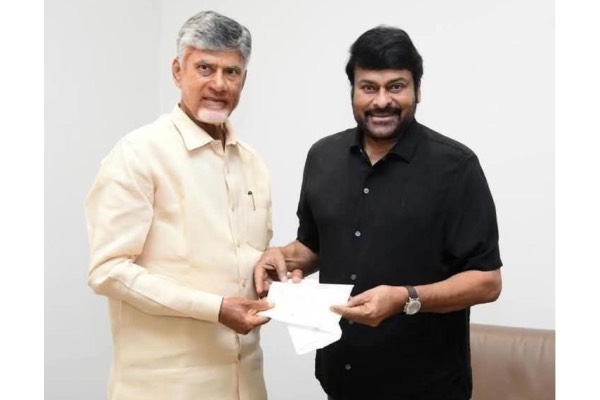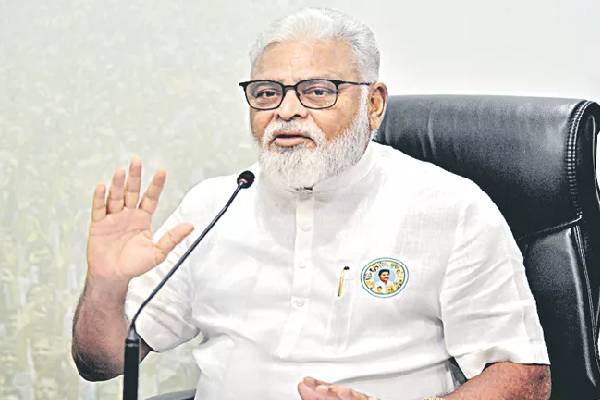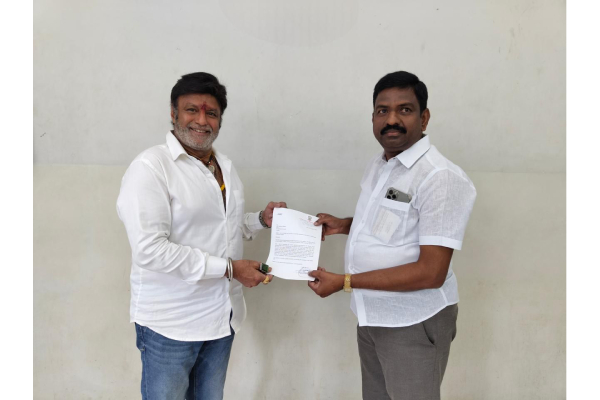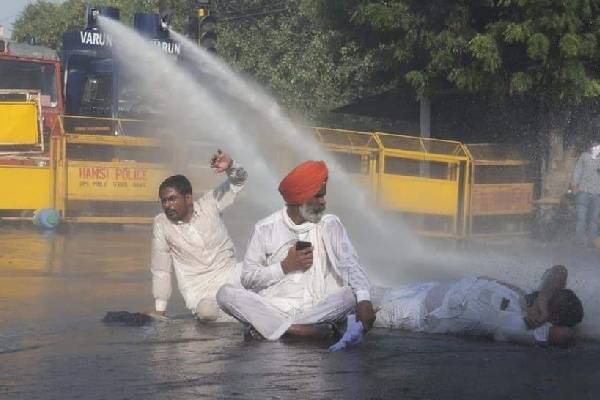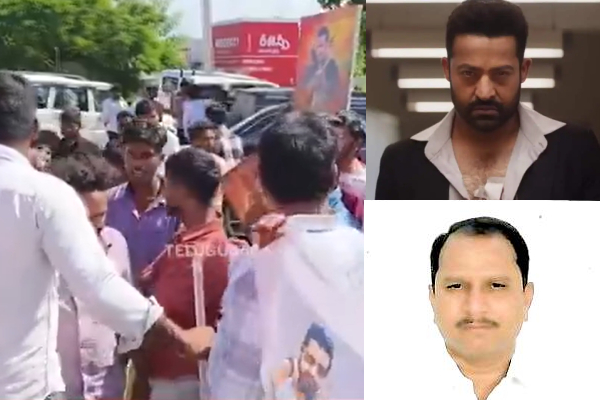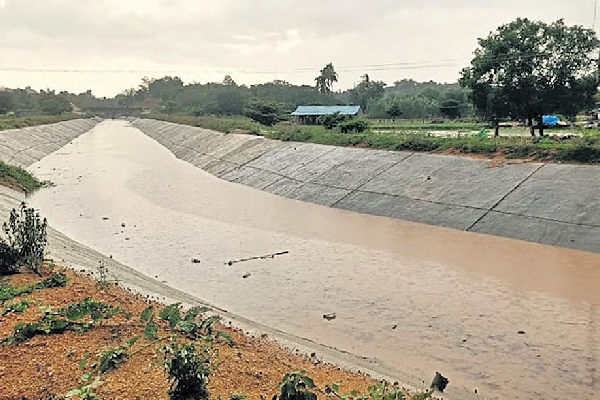Bill 3: Essential Commodities (Amendment) Bill, 2020
The government enacted the Essential commodity Act (EC Act) in the year 1957. As per this, hoarding essential commodities listed under this act is a punishable crime. This includes not only food items but also medical and petrol related items. Usually, traders hoard these items for some time till the price rises and then gradually release those items to sell at high prices. Recently in March 2020, the government included masks and sanitizers also in this act but removed the same in July.
Now the government modified this act by removing commodities like cereals, pulses, onions, oilseeds, edible oil, etc from the essential commodities list. So now traders can hoard these items, create artificial demand, and sell. But still, there is some government regulation on this and the government can bring back these items in the list in case of war, famine, natural calamities, and the extraordinary rise in prices. The government also says it will interfere if the price increases by 50% (non-perishable) or 100% (perishable items).
Though the government says farmers can hoard these non-perishable items and sell whenever there is a good price, farmers are worried that big traders will buy cheap, hoard them and sell at high prices. In fact, it is the consumer who should be more worried about this bill than the farmers.
Another danger is this bill may lead to exporters, processors and traders hoard agricultural produce when prices are generally lower, and releasing it later when prices increase. This could undermine food security and lead to serious issues.
Other concerns of farmers:
Farmers allege all the proposed bills give the preference for corporate interests at the cost of farmers’ interests.
They say, in the absence of regulating mechanism like APMCs, Corporations will exploit farmers.
Concerns of political parties:
Agriculture is a state item and the center is taking away their power to control the agricultural produce by introducing ‘one nation one market’. Opposition alleges it is an interference of center in federal provisions of the constitution.
The center’s attempt to pass the Bills without proper consultation adds to the mistrust among various stakeholders including State governments.
Finally:
Even though the bill intends to help farmers, the provisions give an impression that it is pro-corporates. In the absence of a proper regulating mechanism, free markets do more harm than good to the weaker parties. This is proved because there are farmer suicides even in the most advanced countries because of the monopoly practices by certain corporates.
The government needs to ensure building proper institutional mechanisms to ensure the farmer is not exploited in the free markets. Also, cooperative federalism needs to be upheld by the center by involving the states in the consultation process and allay the fears of farmers.
-ZURAN (@CriticZuran)






















